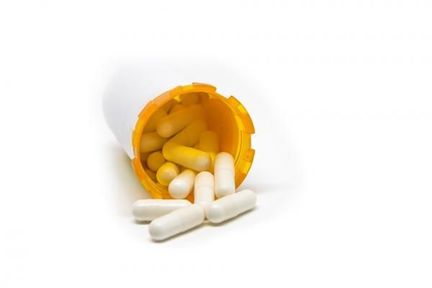India banned exports of a malaria drug backed by U.S. President Donald Trump amid a run on supplies globally, even as scientists continue to search for conclusive evidence of the medicine’s effectiveness against the novel coronavirus.
Exports of hydroxychloroquine will be limited to fulfilling fully paid existing contracts, while certain shipments on humanitarian grounds may also be allowed on a case-by-case basis, according to a statement issued Wednesday by the Directorate General of Foreign Trade. The ban also does not apply to factories in its special economic zones.

“India is probably buying time to ensure its local needs are met first,” said Kunal Dhamesha, analyst at SBI Capital Markets.
Hospitals and consumers in the U.S. are stockpiling the drug after Trump called it a “game changer” in the treatment of the coronavirus and vowed to make it widely available. China, Europe and South Korea recommend it as one of several treatments for Covid-19 patients, while India itself advocates health-care workers take the drug regularly as a preventive measure.
Study Results
But there is no conclusive scientific evidence that hydroxychloroquine can treat the infection from the novel pathogen. Indeed, a small study published in the Journal of Zhejiang University in China showed that patients who got the medicine didn’t fight off the new coronavirus more often than those who did not get the medicine.
Some top scientists, including White House coronavirus task force member Anthony Fauci, have called reports that hydroxychloroquine might work anecdotal, and said they need further study before the pill’s use is encouraged.
As the outbreak spreads around the world and shuts down large parts of the global economy, hundreds of clinical trials are being launched to study the effectiveness of everything from anti-flu drugs and antibody-containing plasma from recovered patients, to traditional Chinese herbal medicine. More than 420,000 people have been infected worldwide and almost 20,000 killed in the widening pandemic.
Boosting Capacity
While the verdict is still out on the treatment’s effectiveness, pharmaceutical companies have been racing to increase production of the cheap and decades-old medicine. Cadila Healthcare Ltd., the Indian company that is the world’s largest maker of the drug, had said it plans to boost capacity more than 10-fold to meet the surging global demand before the export ban announcement.
Cadila’s shares fell as much as 7.7% in Mumbai on Wednesday.
Sharvil Patel, the drugmaker’s managing director, said currently all of Cadila’s hydroxychloroquine capacity is banned from export. It has one factory in a special economic zone, but that plant is not approved by the Food and Drug Administration to make the drug for the U.S. market. Patel said Cadila will apply to the FDA immediately for such approval.
“We’re still scaling up, there’s no restrictions on that,” he said. “If we are able to meet the Indian government’s supply needs then we can ask to lift the export ban.”
Malaria, Lupus Drug
Hydroxychloroquine, particularly when given with the antibiotic azithromycin, was put in the spotlight following a controversial, small study of about 40 patients hospitalized with Covid-19 in France. In that study, the drug appeared to help clear the virus from their bodies, based on samples taken from nasal swabs. Experts have criticized the design of the study, calling it interesting but far from definitive.
Some researchers believe hydroxychloroquine may have antiviral and anti-inflammatory properties that might suppress virus replication while also avoiding the body mounting an excessive immune response that could cause further damage to the lungs.
Hydroxychloroquine and the more-toxic drug it is derived from, chloroquine, are also commonly used to treat rheumatoid arthritis and lupus. Neither drug has been approved by the U.S. FDA to treat Covid-19.
In the Chinese study, one patient treated with the malaria drug progressed to severe disease. Four patients given the medicine developed diarrhea and signs of potential liver damage, compared with three getting conventional treatment.
The researchers concluded that additional studies using larger numbers of patients are needed to fully investigate the drug’s risks and benefits.





